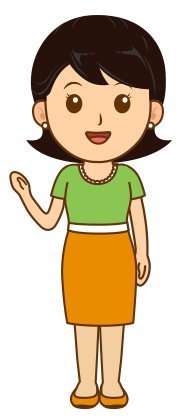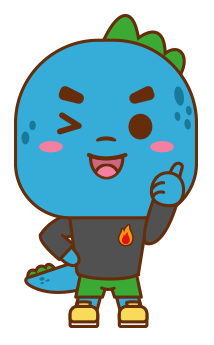Menu






















Written by: Registered educational psychologist, Pang Chi Wah
When I arrived at a friend’s birthday party, I saw a group of children milling around, having a good time. In another corner of the living room, several children were engrossed in reading their beloved extracurricular books, completely absorbed in their activity. The distinction between active and quiet children became immediately apparent. Are these traits of being active or quiet innate qualities encoded in our genetic makeup, or are they shaped by the nurturing and parenting methods of our upbringing?
Stepping into the nursery room at the hospital, one can witness a variety of behaviors among the infants. Despite their different physical appearances, each baby possesses their own distinctive qualities. Some babies are incredibly active, constantly moving their hands and feet as if riding a bicycle. On the other hand, there are babies who resemble sleeping princesses or princes, spending most of their days in deep slumber, appearing content. These individual characteristics also manifest during feeding time. Some babies are more proactive, eagerly consuming their food, causing concern that they might accidentally choke. Others are quite passive, eating slowly, savoring each bite as if enjoying a gourmet delicacy.

Some children, from birth, dislike sleeping and prefer playing all day long. No matter how hard parents try to put them to sleep, their efforts often prove futile, leaving themselves exhausted. However, there are children who, from ages 0 to 6, already exhibit a preference for quietness. They can happily engage in quiet play for an entire afternoon, finding contentment and tranquility. So, at what point does the disposition of being active or quiet begin to take shape? Undoubtedly, a child’s personality is partly inherited from their parents, but it should not be hastily assumed and fixed too early.
Taking various animals in a circus as an example, each possesses unique innate traits. Lions and tigers tend to be fierce, while bears and monkeys also have their wild side. However, through training, their personality traits can be altered, allowing animal trainers to safely perform alongside them. For parents, the focus lies in accepting their child’s active or quiet nature rather than fixating on when this disposition solidifies.
Accepting a child’s innate qualities does not mean determining whether they are active or quiet. Parents must maintain an open-minded attitude because, with careful nurturing, children still have room to develop in different directions. However, isn’t this contradictory? On one hand, we should accept a child’s traits, and on the other hand, we should cultivate their interests in various areas. How can we strike a balance? Parents need to navigate this contradiction and find a middle ground that allows for the healthy development of their child’s body and mind.

I still remember watching a documentary about killer whales not long ago. It described how killer whales, despite having their innate nature, also acquire certain characteristics from the local communities they grow up in, making them either more aggressive or more benevolent. In reality, innate personality traits and the influences of culture and environment have an interactive relationship. Parents should avoid giving up on nurturing their child based solely on their natural disposition. By aligning with a child’s innate qualities and providing them with a suitable and stimulating environment, perhaps the notion that “three years old determines eighty” may not hold true after all!